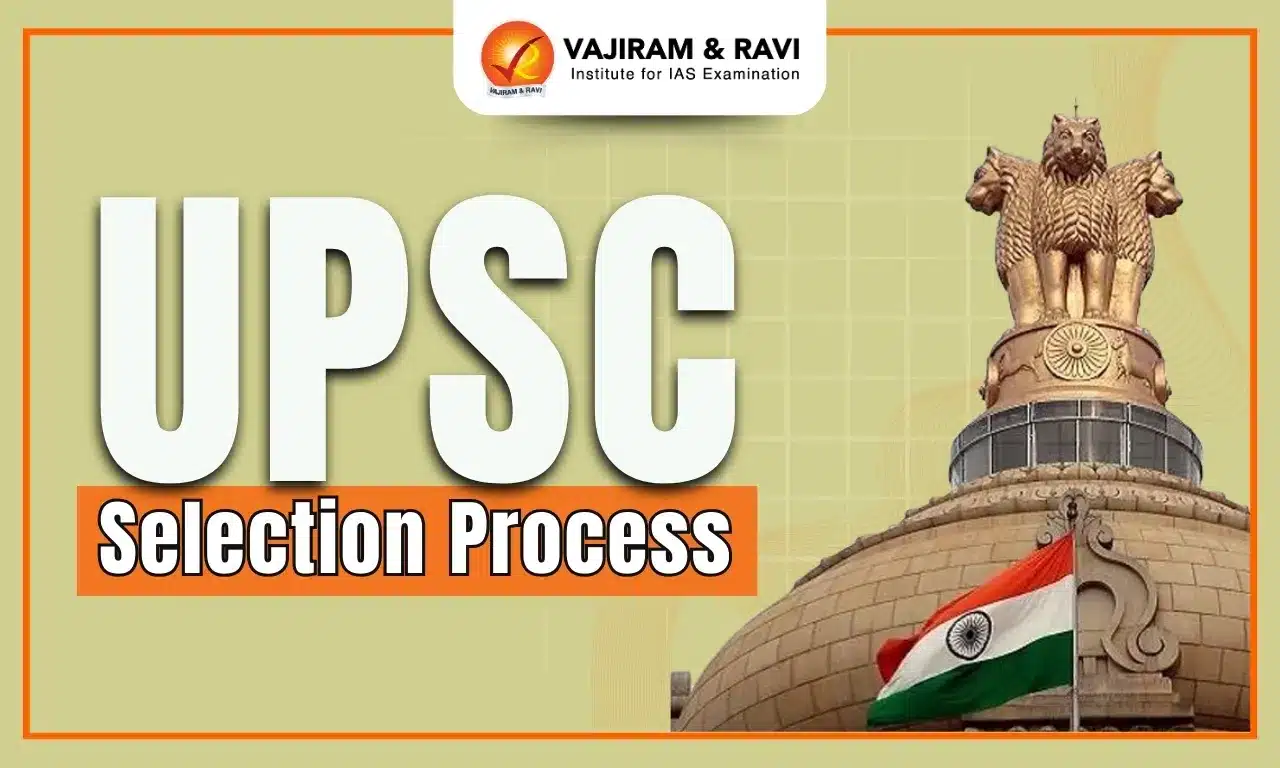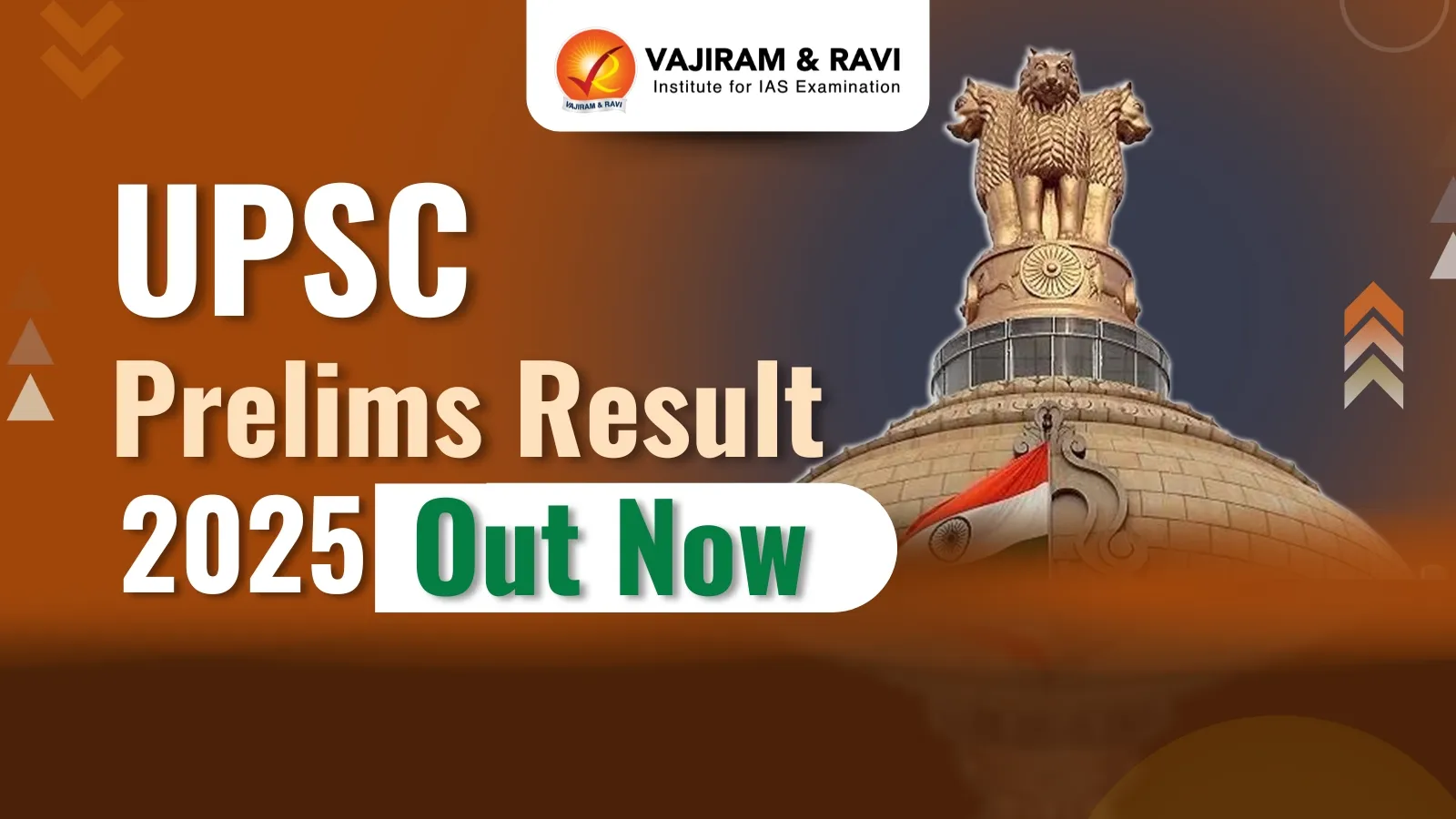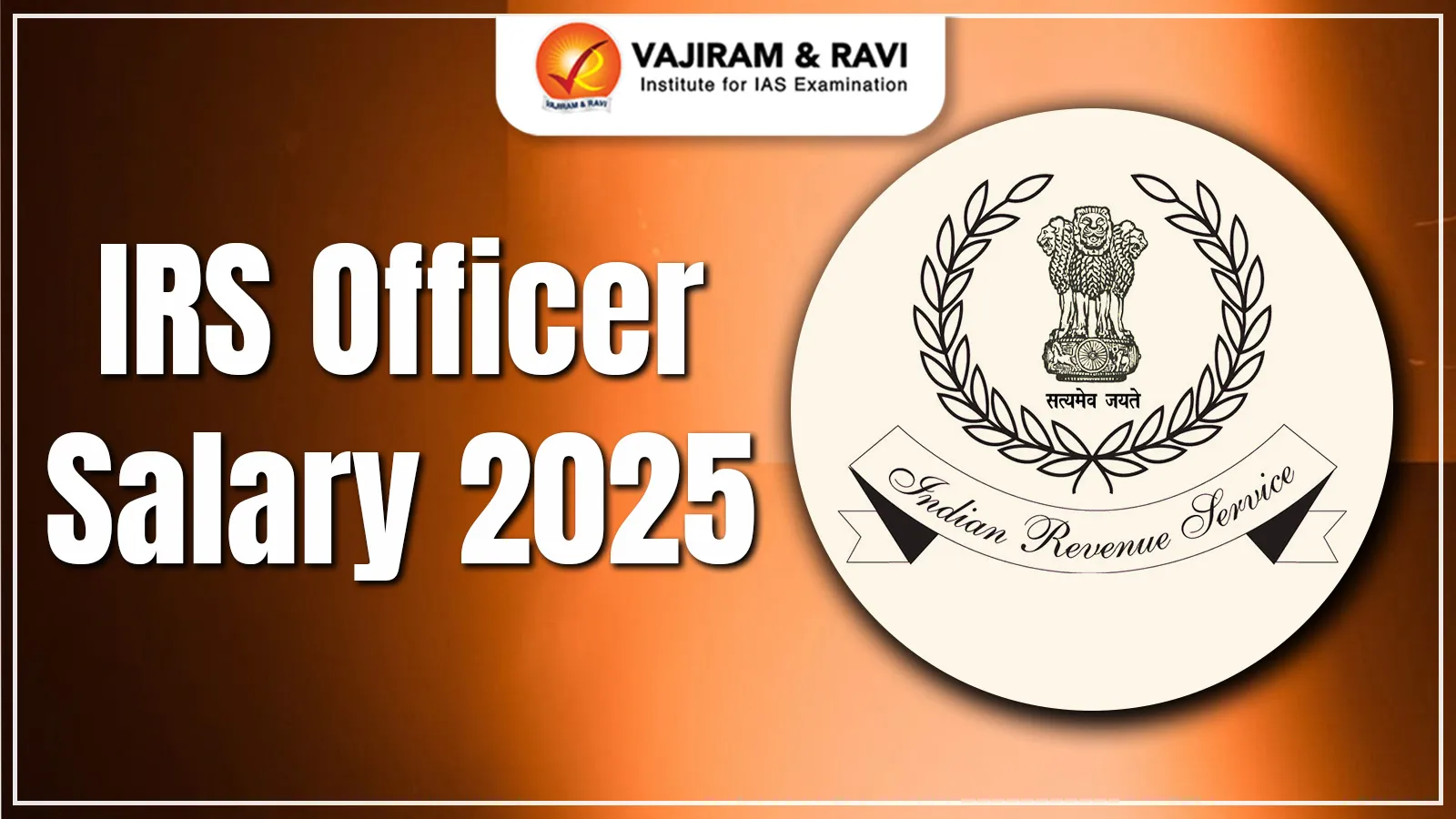UPSC Selection Process conducted by Union Public Service Commission is responsible for selecting officers for the Indian government. Each year, it conducts the Civil Services Examination to find suitable candidates for Civil Services. The UPSC selection process 2024 is a three-stage procedure that takes about one year to complete.
The stages include:
- Prelims
- Mains
- Interviews
Additionally, there are document verification and medical examination stages. Candidates must pass each stage to move on to the next and ultimately be selected for the prestigious positions. The UPSC Selection Process for 2025 has begun with the release of application forms and will conclude with the publication of the final merit list.
UPSC Selection Process 2025 Overview
The UPSC Selection Process involves three stages to select candidates for IAS, IPS, IFS, and other services. According to the official notification, the process remains unchanged for the UPSC CSE 2025 exam. Candidates whose applications are shortlisted will receive admit cards for the UPSC Prelims exam, which consists of two papers. Those who pass the Prelims will proceed to the UPSC Mains.
Take a look of the UPSC Selection Process 2025:
- Prelims: The initial screening stage with two papers.
- Mains: Descriptive written examimation for candidates who pass the Prelims.
- Interview: Final assessment for candidates who clear the Mains.
After these stages, there will be document verification and a medical exam for the final selection.
The UPSC Selection Process is as follows:
| UPSC Selection Procedure | |||
| Stage Name | Nature | Total Marks | Purpose |
| Preliminary Examination | Qualifying in nature | 400 | Selected candidates are to appear for UPSC Main Examination |
| UPSC Main Examination | Marks included in the merit list | 1750 | Descriptive in nature. Consists of 9 subjective exams- essay, 4 GS, 2 Optional and 2 compulsory language papers |
| Personality Test | Scores considered for merit list | 275 | Evaluation of leadership skills, communication skills, spontaneous decision making etc.required to become an administrator |
UPSC Selection Process Prelims
In 2025, the UPSC Selection Process begins with the Prelims Test, consisting of two objective-type papers: General Studies Paper I and CSAT. The Prelims serve as a crucial screening test, reducing the number of candidates from lakhs to a few thousand for the next stage.
The total score for this stage is 400 marks, but it is not counted towards the final merit list as it is qualifying in nature. For the CSAT, candidates need to score at least 66.67 marks out of 200, while the pass criteria for General Studies varies each year based on the cut-off. The UPSC Prelims for 2025 are scheduled for May 25. 2025, and the process is as follows:
| UPSC Prelims Selection Process 2025 | |
| Particular | Detail |
| Mode of Exam | Offline OMR Based |
| Language of Exam | Hindi & English |
| Types of Questions | MCQ type |
| Total Papers | Two |
| Paper I General Studies | 100 Questions |
| Paper II CSAT | 80 Questions |
| Shift | GS: 9:30 AM to 11:30 AM |
| CSAT: 2:30 PM to 4:30 PM | |
| Total Marks | 400 Marks |
| Negative Marking | GS: 0.66 Marks |
| CSAT: 0.83 Marks | |
| Passing Marks | GS: UPSC Cut off |
| CSAT: 66.67 Marks | |
| Time Allotted | 2 Hours/Paper |
UPSC Selection Process 2025 Mains
After qualifying the Prelims test, aspirants are supposed to appear for Mains 2025 commencing on August 22, 2025. It comprises nine papers, each lasting 3 hours. Two of these papers are qualifying with a requirement of 25% marks, while the remaining seven are merit-based papers, determining the cut-off for the UPSC interview stage.
This stage is crucial as it carries 1750 marks, which are factored into the final results. Success in the Mains requires rigorous answer writing practice and the ability to articulate well.
| UPSC Mains Process 2025 | |||
| Paper | Name of Paper | Time Duration | Maximum Marks |
| Qualifying Papers | |||
| Paper A | Indian Language | 3 Hours | 300 |
| Paper B | English | 3 Hours | 300 |
| Merit Papers | |||
| Paper I | Essay | 3 Hours | 250 |
| Paper II | General Studies-I | 3 Hours | 250 |
| Paper III | General Studies -II | 3 Hours | 250 |
| Paper IV | General Studies -III | 3 Hours | 250 |
| Paper V | General Studies -IV | 3 Hours | 250 |
| Paper VI | Optional Paper 1 | 3 Hours | 250 |
| Paper VII | Optional Paper 2 | 3 Hours | 250 |
| Total | 1750 Marks | ||
UPSC Selection Process Interview
The third and final stage of the UPSC selection process is the Personality Test, also known as the UPSC Interview. This stage evaluates candidates’ personality traits, leadership skills, and qualities essential for civil service officers. Candidates who clear the UPSC Mains cut-off are eligible to appear for the Personality Test round, where a panel of experts assesses their problem-solving capacity, decision-making skills, ethical values, and other key attributes.
During the interview held at the UPSC headquarters in New Delhi, candidates are awarded marks out of 275 based on their performance. It is crucial for candidates to present themselves as suitable officers and avoid bluffing to succeed at this stage.
| UPSC Interview Process 2025 | |
| Particular | Details |
| Reporting Time | Forenoon Session: 9:00 AM |
| Afternoon Session: 1:00 PM | |
| Dress Code | Formals |
| Duration | 20 to 30 minutes |
| Total Marks | 275 |
| Candidates Called | Twice the number of vacancies |
| Venue | Union Public Service Commission Officer, Shahjahan Road, New Delhi-110069 |
UPSC Documents Verification & Medical Exam
Document Verification (DV) and the Medical Examination are crucial steps in the UPSC selection process. The DV is conducted alongside the UPSC interview, where original documents submitted in the UPSC Mains Detailed Application Form (DAF) are carefully reviewed for accuracy and authenticity.
After the interview, candidates undergo a Medical Examination to assess their physical and mental fitness according to the standards outlined in the official notification. This stage is particularly important for technical services such as the Indian Police Services (IPS), ensuring that candidates are capable of fulfilling their roles effectively.
Document Verification (DV): This involves verifying candidates’ original documents to confirm their eligibility for UPSC based on age, educational qualifications, and other criteria.
Medical Examination: Candidates who clear the UPSC CSE interview and DV then undergo a comprehensive medical examination at a designated hospital to ensure they meet the commission’s medical standards.
Begin your preparation for UPSC Prelims and Mains with our General Studies Comprehensive Programmes.
Last updated on June, 2025
→ UPSC Notification 2025 was released on 22nd January 2025.
→ UPSC Prelims Result 2025 is out now for the CSE held on 25 May 2025.
→ UPSC Prelims Question Paper 2025 and Unofficial Prelims Answer Key 2025 are available now.
→ UPSC Calendar 2026 is released on 15th May, 2025.
→ The UPSC Vacancy 2025 were released 1129, out of which 979 were for UPSC CSE and remaining 150 are for UPSC IFoS.
→ UPSC Mains 2025 will be conducted on 22nd August 2025.
→ UPSC Prelims 2026 will be conducted on 24th May, 2026 & UPSC Mains 2026 will be conducted on 21st August 2026.
→ The UPSC Selection Process is of 3 stages-Prelims, Mains and Interview.
→ UPSC Result 2024 is released with latest UPSC Marksheet 2024. Check Now!
→ UPSC Toppers List 2024 is released now. Shakti Dubey is UPSC AIR 1 2024 Topper.
→ Also check Best IAS Coaching in Delhi
UPSC Selection Process FAQs
Q1. How is an IAS selected?+
Q2. How can I be eligible for UPSC?+
Q3. What are the 3 eligibility criteria for attempting UPSC?+
Q4. What is the salary of an IAS?+
Q5. What is the lowest post in UPSC?+























